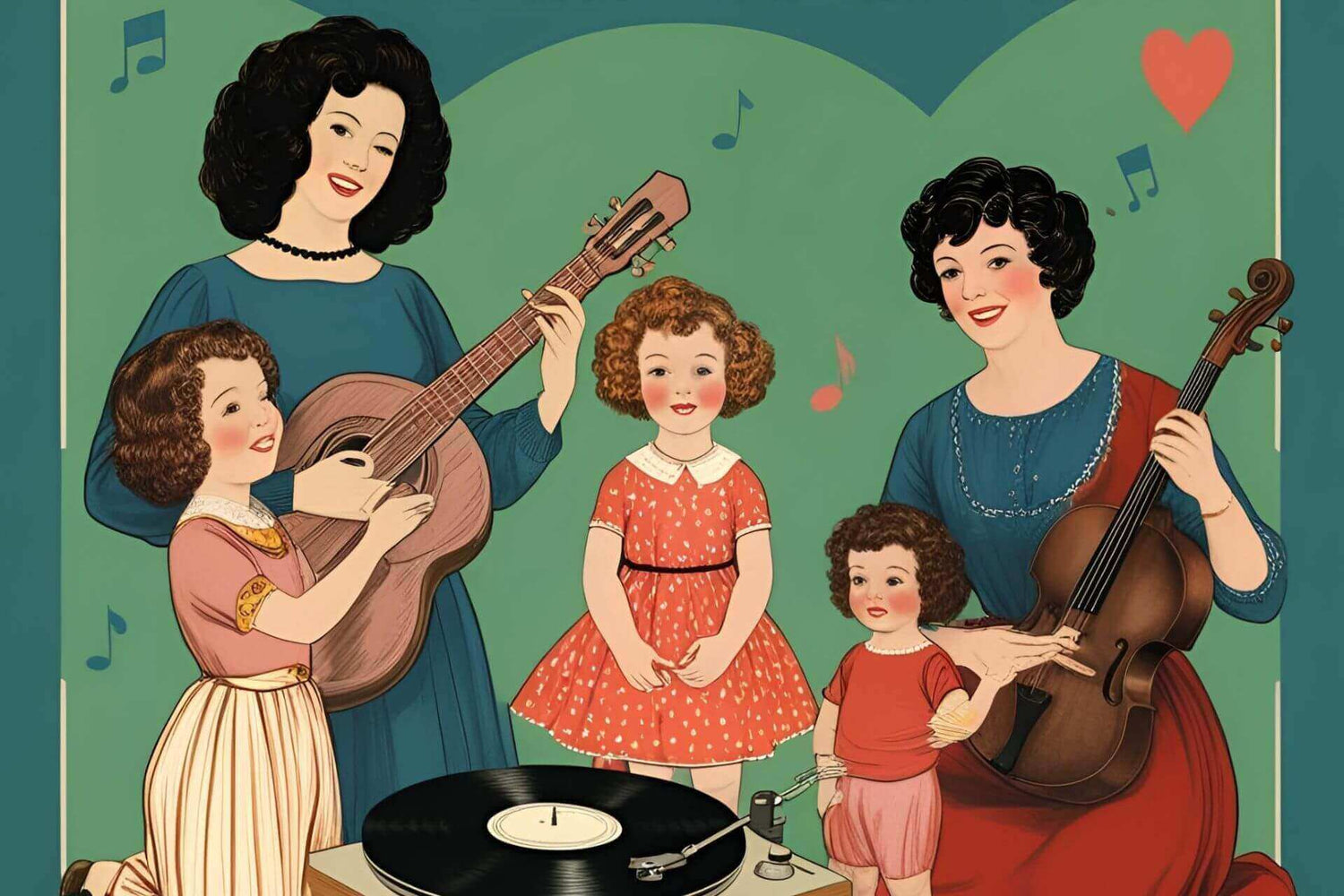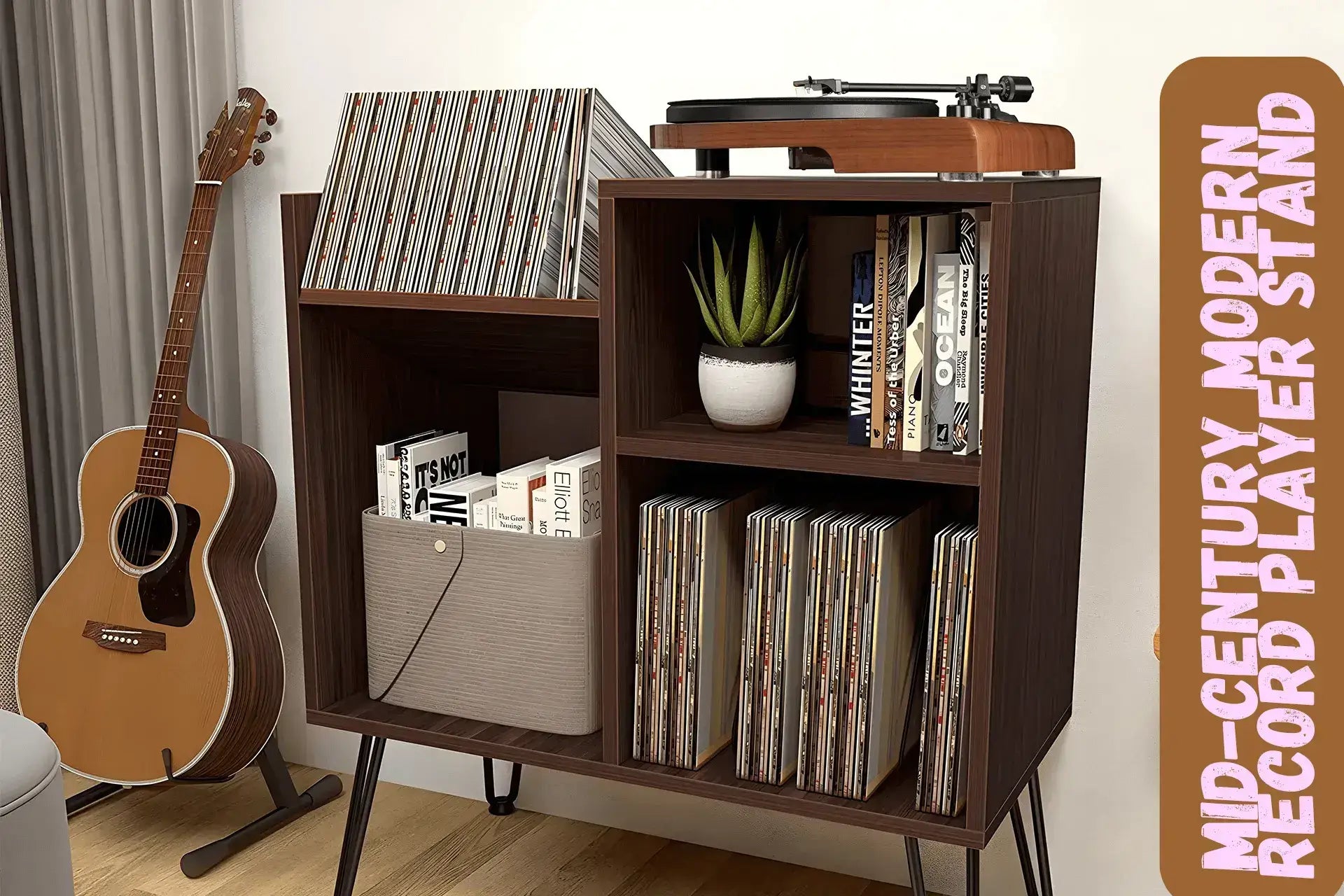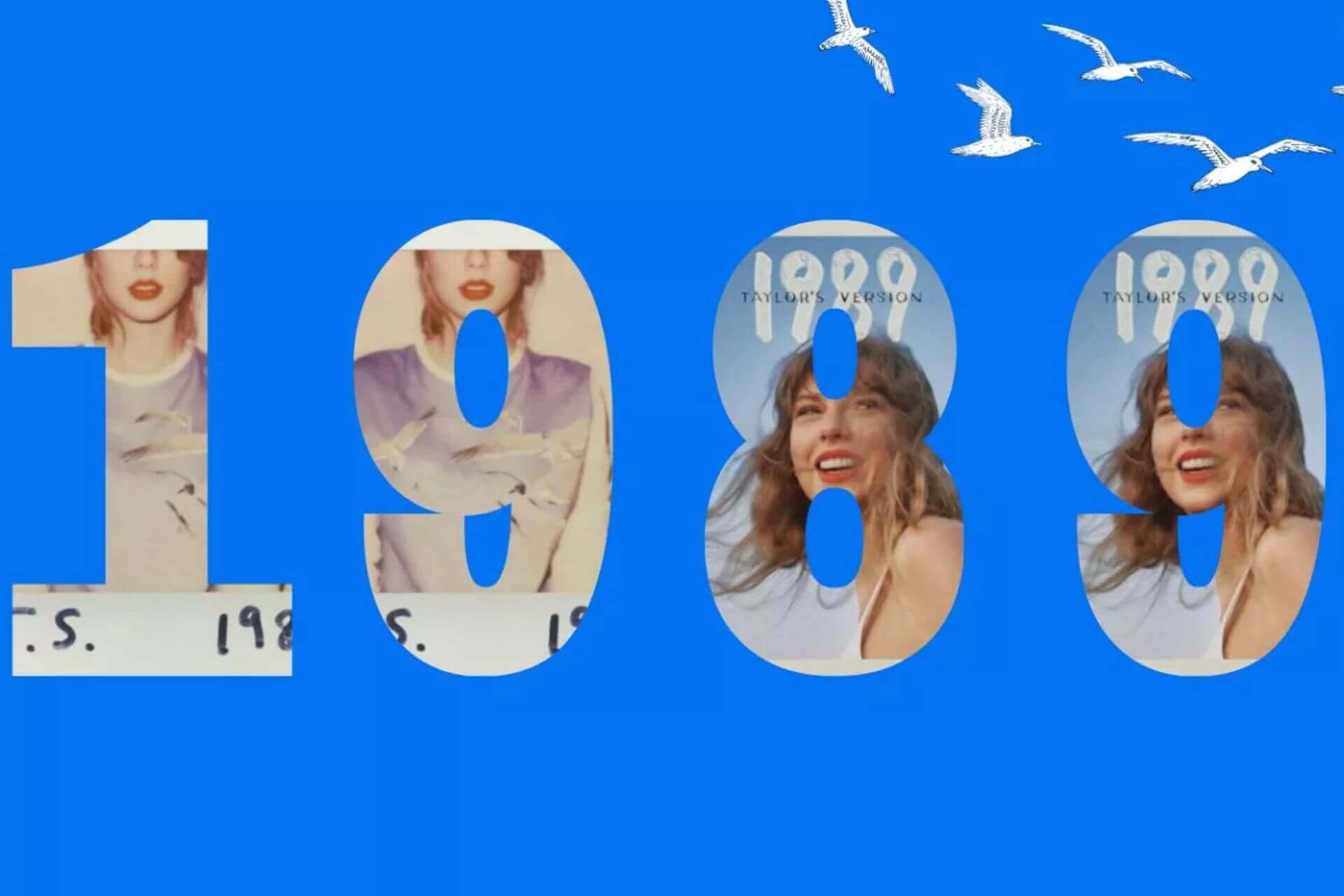Vinyl records on a turntable made Mother’s Day unforgettable, tying music to family love. For decades, the warm crackle of records spinning on a record player has been a soundtrack to Mother’s Day celebrations. From 1960s living rooms to today’s cozy gatherings, vinyl records have carried heartfelt melodies that honor mothers. But how did this tradition begin, and why do turntables hold such a special place in family traditions? Let’s explore the history of vinyl culture and its deep connection to Mother’s Day.
The Roots of Vinyl Culture in Mother’s Day Celebrations
In the mid-20th century, turntables became a staple in American homes, transforming how families celebrated Mother’s Day. After World War II, economic prosperity made record players affordable, and by the 1950s, they were as common as radios. On Mother’s Day, families gathered around the turntable to play vinyl records, filling homes with music that spoke to love and gratitude. Kids would save their allowances to buy their mom’s favorite vinyl, like Elvis Presley’s Love Me Tender or The Supremes’ Where Did Our Love Go. These records weren’t just gifts; they were emotional bridges, carrying memories of a mother’s youth or shared family moments.
The turntable was more than a device—it was a stage for connection. Mothers and children would sit together, flipping through vinyl sleeves, reading liner notes, and choosing tracks. The tactile joy of placing a needle on a vinyl record added intimacy to Mother’s Day, making music a shared ritual. According to Rolling Stone, vinyl sales peaked in the 1970s, with millions of households spinning records on holidays like Mother’s Day, cementing turntables as cultural icons. This tradition wasn’t just about music; it was about storytelling, with each vinyl record preserving a piece of family history.
The cultural backdrop of the era amplified this bond. Post-war optimism and the rise of hi-fi audio (with RCA connections for crisp sound) made turntables the heart of home entertainment. On Mother’s Day, families used vinyl records to say what words couldn’t, whether through a romantic ballad or an upbeat Motown hit. This emotional power made vinyl a cherished part of Mother’s Day celebrations, weaving music into the fabric of family traditions.
Women, Music, and Mother’s Day: Vinyl’s Emotional Power
Vinyl records also carried the voices of women artists, whose music became a cornerstone of Mother’s Day celebrations. In the 1960s and 1970s, artists like Aretha Franklin, Carole King, and Joni Mitchell dominated turntables with songs that resonated with mothers and their families. Aretha’s Respect (1967) wasn’t just a chart-topper; it was an anthem of strength, often played on Mother’s Day to honor moms’ resilience. Carole King’s Tapestry (1971), with its heartfelt tracks like You’ve Got a Friend, became a vinyl staple, offering a musical hug to mothers everywhere.
These records were more than music—they were conversations. Daughters and sons would gift their moms vinyl records, knowing the lyrics spoke to their sacrifices and love. On Mother’s Day, families would gather around the turntable, watching the vinyl spin as Aretha’s voice filled the room. The ritual of playing these records created a dialogue across generations, with mothers sharing stories of their youth and children learning about their roots. As NPR notes, women artists in the vinyl era reshaped music, giving families a soundtrack to celebrate maternal bonds.
The emotional weight of these vinyl records made them ideal Mother’s Day gifts. Unlike fleeting presents, a record was a keepsake, its sleeve art and grooves holding memories. Turntables brought these stories to life, their needles tracing the love embedded in each track. This connection between women’s music and Mother’s Day traditions underscores why vinyl records remain a powerful symbol of family love, carrying emotions that words alone can’t express.
Vinyl’s Modern Echoes in Mother’s Day Traditions
Fast forward to the 21st century, and vinyl records are spinning again. The vinyl revival, which began in the 2010s, has brought turntables back into homes, with sales soaring to levels not seen since the 1980s. On Mother’s Day, younger generations are rediscovering the magic of vinyl, playing classics like Fleetwood Mac’s Rumours or modern releases like Adele’s 25 to honor their moms. The turntable, once a retro relic, is now a stylish centerpiece, blending nostalgia with sleek designs.
This revival has kept vinyl culture alive in Mother’s Day celebrations, though on a smaller scale. Families use turntables to share music that spans decades, from a mother’s favorite 1970s hits to new vinyl pressings. The act of choosing a record and setting it on a turntable remains a tactile, intentional way to connect, echoing the traditions of past decades. While modern turntables boast updated features, their role in family gatherings hasn’t changed—they’re still about bringing people together through music.
The Timeless Tune of Vinyl on Mother’s Day
From 1960s Motown to today’s vinyl revival, turntables and vinyl records have spun a timeless thread through Mother’s Day celebrations. These musical treasures have carried love, strength, and memories, connecting mothers and their families across generations. Whether it was Aretha Franklin’s voice in the 1970s or a new vinyl gifted today, the turntable remains a vessel for stories that make Mother’s Day special. This year, explore the magic of vinyl culture and discover how music can honor the women who mean so much. Visit our Mother’s Day Countdown to dive deeper into music history!
Vinyl records spin love on Mother’s Day, from past to present.









Leave a comment
All comments are moderated before being published.
This site is protected by hCaptcha and the hCaptcha Privacy Policy and Terms of Service apply.